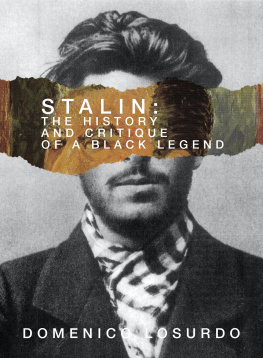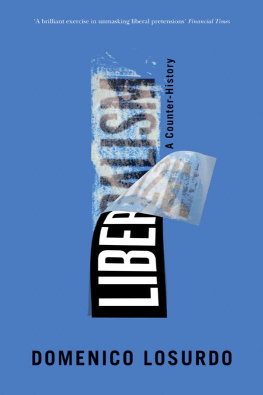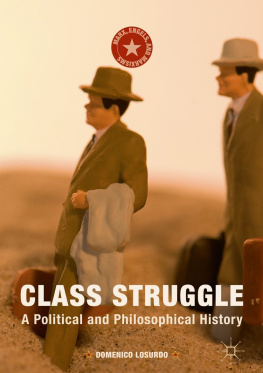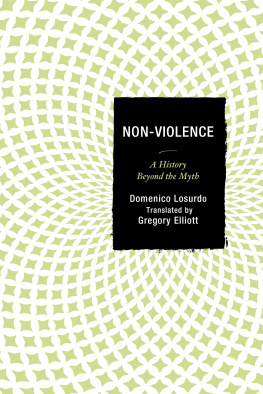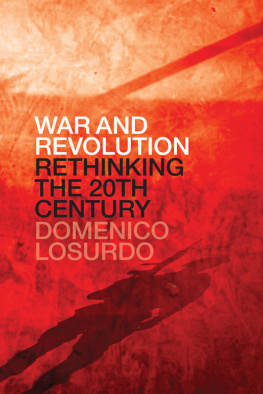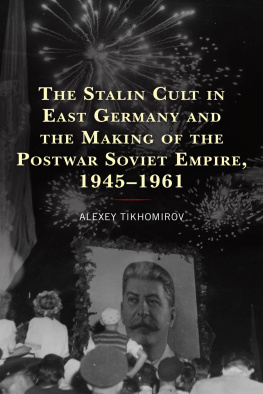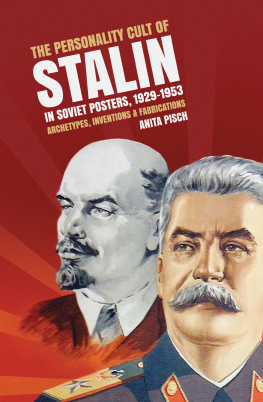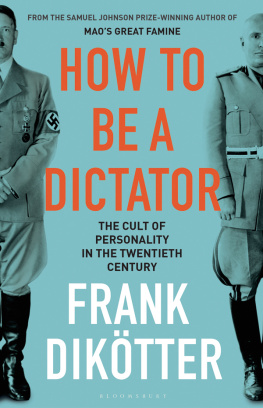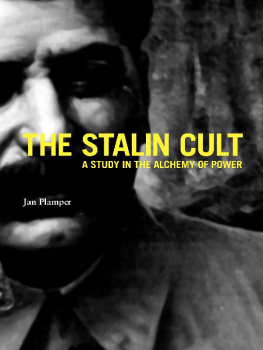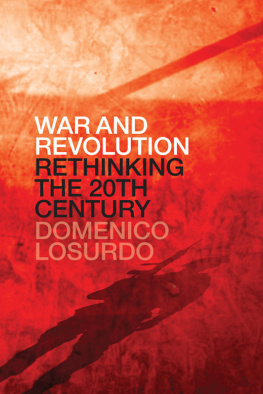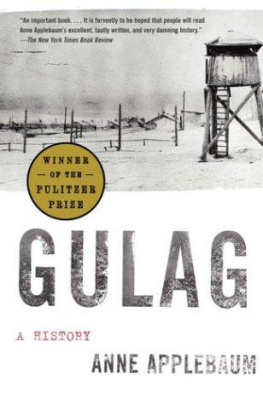often consulting the Spanish edition, not the original Italian edition.
Dedicated to the memory of David Ferreira.
Introduction: The Turning Point in the Historical Depiction of Stalin
From the Cold War to the Khrushchev Report
Impressive demonstrations of grief accompanied Stalin's passing. In his death throes, millions of people crowded the center of Moscow to pay their last respects to the dying leader. On March 5th, 1953, millions of citizens cried over his loss as if they were mourning for a loved one."
Thousands of kilometers away from the socialist camp, in Israel the sorrowful reaction was also widespread: All members of MAPAM, without exception, cried, and this was a party in which all the veteran leaders and nearly all the ex-combatants belonged to. The suffering was mixed with fear. The sun has set was the title of Al Hamishmar, the newspaper of the Kibbutz movement. For a certain amount of time, such sentiments were shared by leading figures of the state and military apparatus: Ninety officers who had participated in the 1948 war, the great war of Jewish independence, joined a clandestine armed organization that was pro-Soviet and revolutionary. Of these, eleven later became generals and one became a government minister, and are now honored as the founding fathers of Israel."
In the West, its not just leaders and members of communist parties with ties to the Soviet Union who pay homage to the deceased leader. One historian (Isaac Deutscher) who was a fierce admirer of Trotsky, wrote an obituary full of acknowledgements:
After three decades, the face of the Soviet Union has been completely transformed. Whats essential to Stalinisms historical actions is this: it found a Russia that worked the land with wooden plows and left it as the owner of the atomic bomb. It elevated Russia to the rank of the second industrial power in the world, and its not merely a question of material progress and organization. A similar result could not have been achieved without a great cultural revolution in which an entire country has been sent to school to receive an extensive education.
In summary, despite conditioned and in part disfigured by the Asiatic and despotic legacy of Tsarist Russia, in Stalins USSR the socialist ideal has an innate and solid integrity.
In this historical evaluation there was no longer a place for Trotskys harsh accusations directed at the deceased leader. What sense was there in condemning Stalin as a traitor to the ideals of world revolution and as the capitulationist theorist of socialism in one country, at a time in which the new social order had expanded in Europe and in Asia and had broken its national shell?
Outside communist circles, or the communist aligned left, despite the escalating Cold War and the continued hot war in Korea, Stalins death brought out largely respectful or balanced obituaries in the West. At that time, he was still considered a relatively benign dictator and even a statesman, and in the popular consciousness the affectionate memory of uncle Joe persisted, the great war-time leader that had guided his people to victory over Hitler and had helped save Europe from Nazi barbarity."
Included among the figures won over was the man who, in his time, supported military intervention against the country that emerged out of the October Revolution, namely Winston Churchill, who with regards to Stalin had repeatedly expressed himself in these terms: I like that man." In 1944 Alcide De Gasperi had expressed himself in almost emphatic terms, having celebrated the historic, secular and immense merit of the armies organized by the genius, Joseph Stalin." The recognition from the eminent Italian politician isnt merely limited to the military sphere:
When I see Hitler and Mussolini persecute men for their race, and invent that terrible anti-Jewish legislation that were familiar with, and when I see how the Russians, made up of 160 different races, seek their fusion, overcoming the existing differences between Asia and Europe, this attempt, this effort toward the unification of human society, let me just say that this is the work of a Christian, this is eminently universalistic in the Catholic sense.
No less powerful or uncommon was the prestige that Stalin had enjoyed, and continued enjoying, among the great intellectuals. Harold J. Laski, a prestigious supporter of the British Labour Party, speaking in the fall of 1945 with Norberto Bobbio, had declared himself an admirer of the Soviet Union and its leader, describing him as someone who is very wise."
For his part, writing just before and soon after the end of World War II, Benedetto Croce recognized Stalins merit in having promoted freedom not only at the international level, thanks to the contribution given to the struggle against Nazi-fascism, but also in his own country. Indeed, who led the USSR was a man gifted with political genius, who carried out an important and positive historical role overall; with respect to pre-revolutionary Russia, Sovietism has been an advance for freedom,'' just as, in relation to the feudal regime, the absolute monarchy was also an advance for freedom and resulted in the greater advances that followed." The liberal philosophers doubts were focused on the future of the Soviet Union; however, these same doubts, by contrast, further highlighted the greatness of Stalin: he had taken the place of Lenin, in such a way that a genius had been followed by another, but what sort of successors would be given to the USSR by Providence?
Those that, with the beginning of the Great Alliances crisis, started drawing parallels between Stalins Soviet Union and Hitlers Germany had been severely criticized by Thomas Mann. What characterized the Third Reich was the racial megalomania of the self-proclaimed master race, which had carried forth a diabolical program of depopulation, and before that the eradication of the culture of the conquered territories. Hitler stuck to Nietzsches maxim: if one wants slaves, its foolish to educate them like masters." The orientation of Russian socialism was the precise opposite; massively expanding education and culture, it had demonstrated it didnt want slaves, but instead thinking men, therefore placing them on the path to freedom." Consequently, the comparison between the two regimes became unacceptable. Moreover, those that made such an argument could be suspected of complicity with the fascist ideology they sought to condemn:
To place Russian communism and Nazi-fascism on the same moral place, in the measure that both are totalitarian, is superficial at best; fascism at worst. Anyone who insist on this comparison could very well be considered a democrat, but deep in their heart a fascist is already there, and naturally they will only fight fascism in a superficial and hypocritical way, while they save all their hatred for communism.
After the outbreak of the Cold War, and upon publishing her book on totalitarianism, Arendt would do in 1961 that which was precisely denounced by Mann. And yet, almost at the same time, Kojve had pointed to Stalin as the protagonist of a decidedly progressive historical turning point of planetary dimensions. In other words, even in the West this new truth, or this new ideological motive in the two-sided struggle against the different manifestations of totalitarianism, had a hard time in asserting itself. In 1948, Laski had to some degree accentuated his expressed point of view from three years earlier. To define the USSR, he had again used a category utilized by another leading figure of British Labourism, Beatrice Webb, who as early as 1931, but also during the Second World War and up until her death, had referred to the Soviet nation as a new civilization." YesLaski confirmedwith a formidable effort given to social promotion of the classes that for so long had been exploited and oppressed, and with the introduction into the factory and workplaces of new social relations, no longer rooted in the sovereign power of the owners over the means of production, the country led by Stalin emerged as the pioneer of a new civilization." Certainly, both were quick to make clear that barbarian Russia still weighed upon the new civilization that was emerging. It expressed itself in despotic ways, butLaski in particular stressedto formulate a correct judgement on the Soviet Union, it was necessary not to lose sight of an essential fact: Its leaders came to power in a country accustomed to having a bloody tyrant and they were forced to govern in a situation characterized by a more or less permanent state of siege and by a potential or ongoing war." Moreover, in situations of intense crisis, Britain and the United States had also limited traditional liberties in more or less drastic ways.

